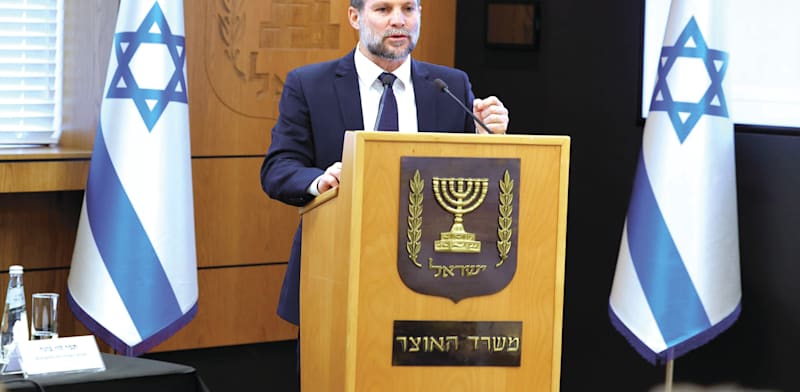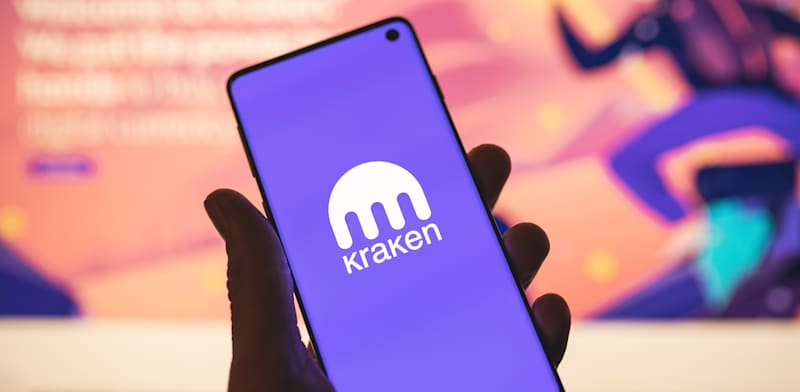From early morning gratitude rituals to timeless lessons from the Bhagavad Gita, Agarwal shares how these practices shape his clarity, resilience, and leadership style, helping him scale with both intent and purpose. Edited excerpts –
Q) Your mornings seem like a sacred space. How has your gratitude practice shaped your mindset as a founder and leader?
A) I’ve always believed in the saying, “The early bird catches the worm,” both literally and figuratively. My mornings start early, often by 4:30 or 5 AM, and that quiet time is sacred. It’s the one part of my day that’s completely mine.
I begin with gratitude for around 10 to 15 minutes, sitting still and saying thanks. It’s a simple habit, but deeply grounding.
As a founder, you’re constantly on the move, solving problems, chasing outcomes. Gratitude slows you down, in a good way. It helps me step into the day with clarity and empathy, and acts as a quiet reminder that no matter how fast we’re growing or how intense things get, there’s always something to be thankful for.
It really sets the tone not just for my day, but for how I lead—with clarity, perspective, and an anchor to what really matters.
Q) You mention the Bhagavad Gita has helped you through dark periods. Can you share a verse or teaching that particularly resonates with you?
A) One line that deeply resonates with me is: “Karmanye vadhikaraste, ma phaleshou kadachana, ma karma phala he tur bhuh, ma te sangvasta karmani.” For me, this essentially means: you have the right to work, but not to the fruits of your actions.As a founder, this verse is both liberating and grounding. It reminds me to focus on doing the right thing with full intent and effort, while letting go of what’s beyond my control, especially during moments of loss or setbacks.
Q) How do your yoga and gym sessions influence your performance and decision-making as a CEO?
A) Yoga and exercise are two non-negotiable anchors of my day, for which I consciously make time. Morning yoga helps me mentally reset—it clears the noise, centers my thoughts, and allows me to breathe before the day begins. In the evenings, no matter how long or intense the day has been, I make it a point to hit the gym. I use this time to decompress, recharge, and refocus before diving into late-night meetings.For me, these aren’t just fitness routines, they’re performance tools. They directly impact how I think, lead, and make decisions.
When you’re building at scale, mental clarity and resilience are competitive advantages. The energy and focus I gain from these practices translate into better decisions, deeper presence, and a more balanced mindset—at work and outside of it.
Q) You often talk about building with intent. What does ‘intent’ look like when scaling a business like InsuranceDekho?
A) To me, intent means solving real problems, not chasing vanity metrics. It’s easy to get caught up in big announcements, flashy campaigns, or growth hacks and get distracted. But when you plan to challenge the status quo of an industry, intent becomes a core driver.
Whether it’s expanding access for partners beyond metros or building an omnichannel experience that blends AI with a human touch, our focus is on addressing real gaps.
We’re not just creating features; we’re creating impact. We’re building solutions that add real value to people’s everyday lives—whether that means securing their health, protecting their livelihood, or enabling financial stability in moments that matter.
Intent, to me, is about staying true to the problem you set out to solve and building solutions that genuinely improve lives at scale and with purpose.
Q) What’s on your workout playlist right now? Any go-to pump-up song for early mornings?
A) My workout playlist is high-energy—just the right kind of jive to kick off the day or power through a workout.
Q) You’ve built a business grounded in humility and purpose. How do you instill that culture across teams and new hires?
A) Culture starts with how you lead every single day—it is rooted in action. For me, I try to be accessible, honest, and consistent, especially during tough phases. I think people respect transparency more than anything else.
From Day 1, our teams are made aware of our purpose. During onboarding, we don’t just talk about goals, we talk about the “whys”: why insurance matters, why trust is our currency, and why we must treat every user—whether in a metro or a small town—with empathy and respect.
We’re not just building a company; we’re trying to build trust in a category that’s historically been misunderstood. If our people believe in that purpose, everything else follows.
(Disclaimer: Recommendations, suggestions, views and opinions given by the experts are their own. These do not represent the views of the Economic Times)


























